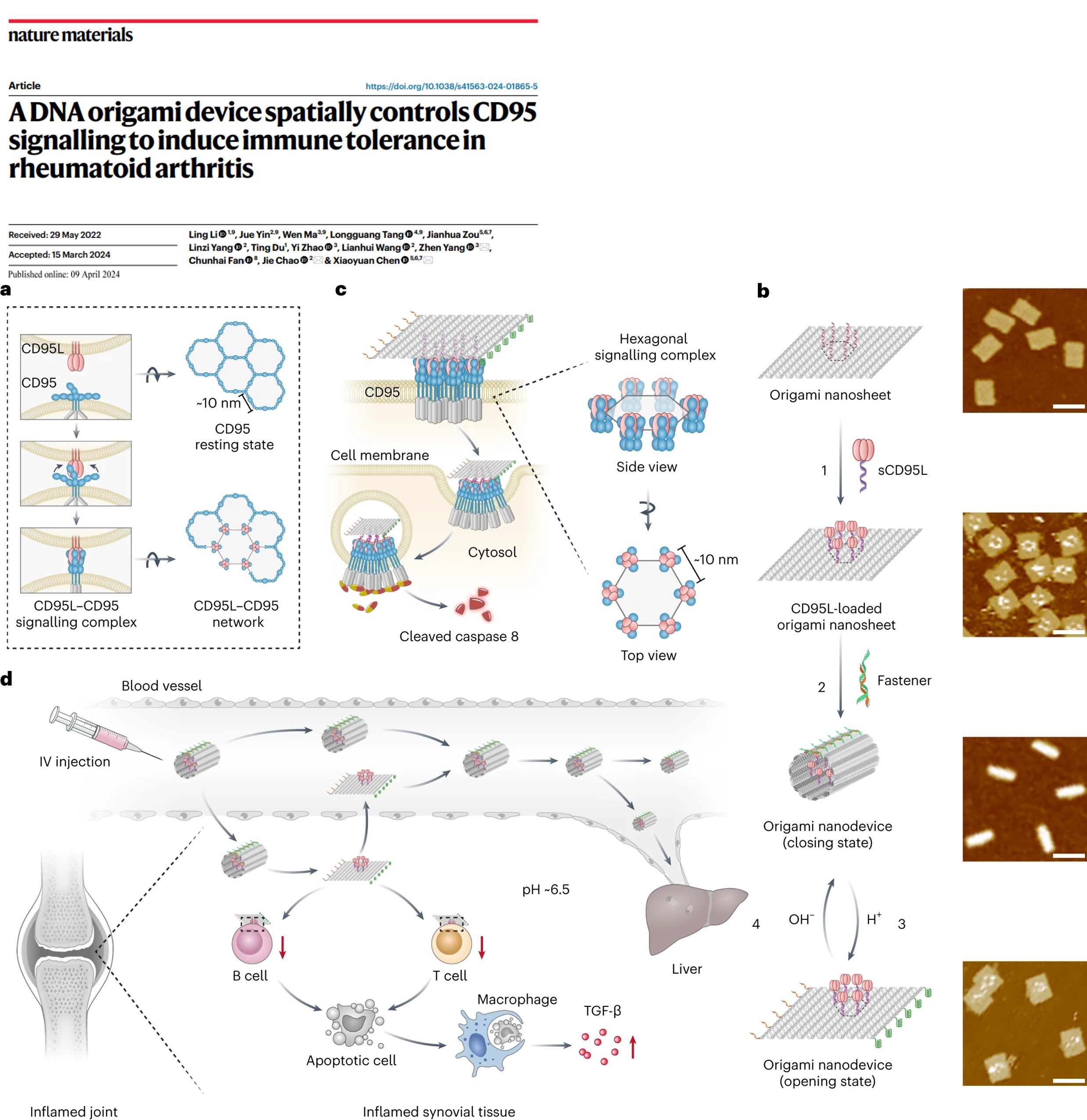Abstract
Adoptive immunotherapies based on the transfer of functional immune cells hold great promise in treating a wide range of malignant diseases, especially cancers, autoimmune diseases, and infectious diseases. However, manufacturing issues and biological barriers lead to the insufficient population of target-selective effector cells at diseased sites after adoptive transfer, hindering effective clinical translation. The convergence of immunology, cellular biology, and materials science lays a foundation for developing biomaterial-based engineering platforms to overcome these challenges. Biomaterials can be rationally designed to improve ex vivo immune cell expansion, expedite functional engineering, facilitate protective delivery of immune cells in situ, and navigate the infused cells in vivo. Herein, this review presents a comprehensive summary of the latest progress in biomaterial-based strategies to enhance the efficacy of adoptive cell therapy, focusing on function-specific biomaterial design, and also discusses the challenges and prospects of this field.
Read More: https://pubs.rsc.org/en/content/articlelanding/2022/cs/d1cs00786f/unauth



